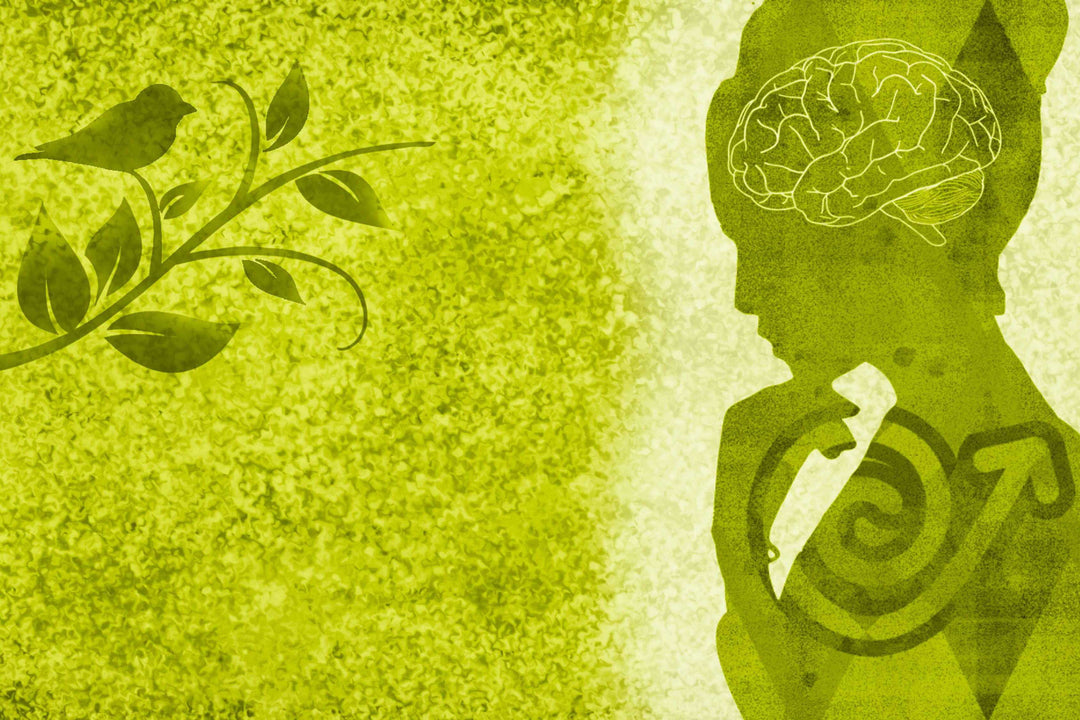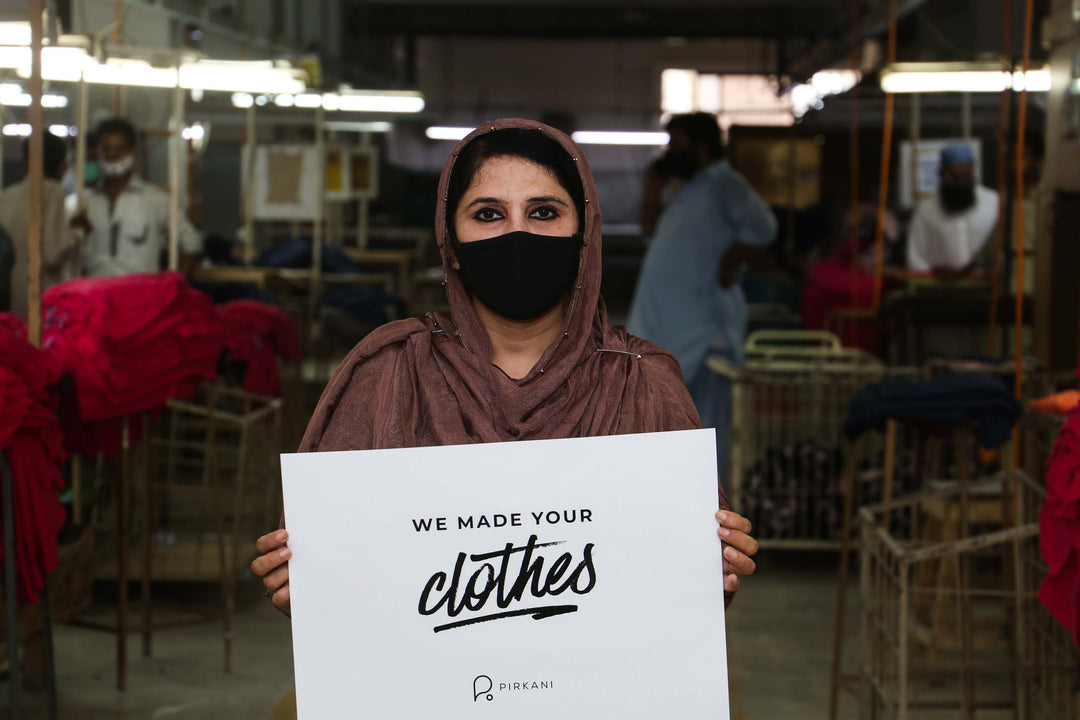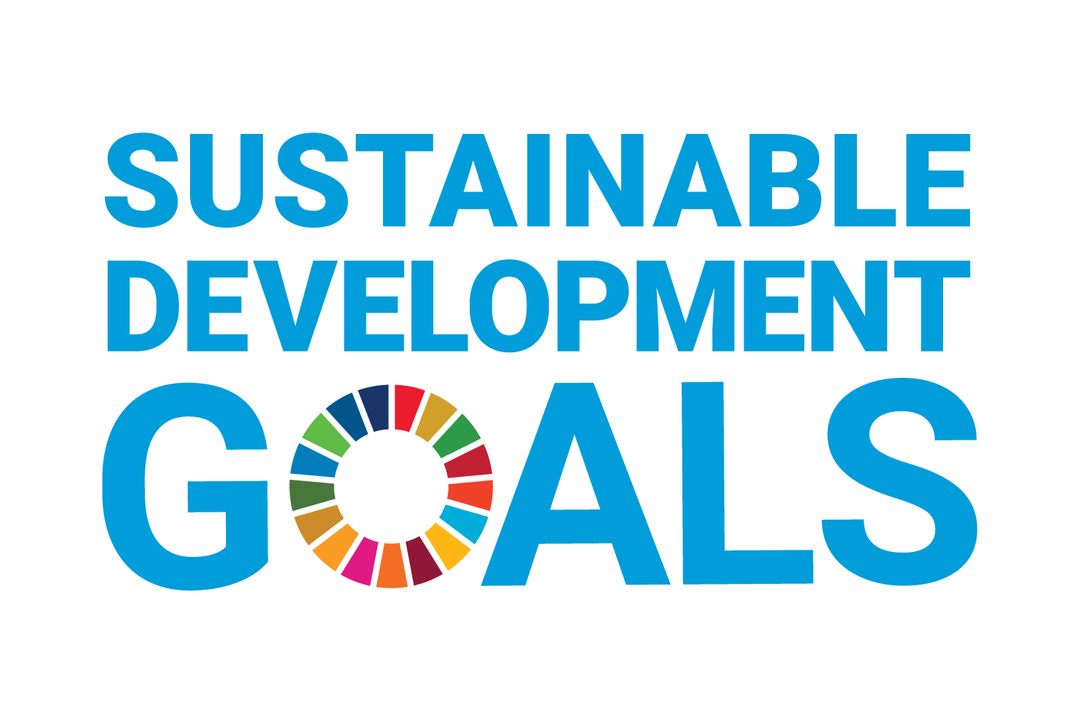Journal

Some believe that coming back to our ancestors' ways can help us live a more sustainable lifestyle. But do we need to go back to what they wore? Well, not exactly. We can use the technological advances and scientific research as a driving force behind tomorrow's sustainable fashion industry; based around our ancestors' eco-friendly clothing.
In this article, we share how innovations help make fashion ethical and eco-friendly, with new solutions and alternatives to look forward to.

Ethical fashion, sustainable fashion, eco-friendly fashion… These terms represent alternatives to fast-fashion, which has taken over the fashion industry in the last two decades. While they all have many things in common, they each have a distinct definition, encompassing solutions to slightly different problems in the current fashion supply chains.
In this article, we talk about promises and the landscape offered by the ethical fashion industry and emphasise how it seems to be the most all-encompassing alternative to fast fashion.

The sourcing of cotton, in particular, is riddled with many ethical issues, which create an unsafe working environment, where workers aren't often paid fair wages and deprived of the essential benefits such as healthcare and job protection.
Here, we discuss a few aspects of how sustainable fashion helps farmers and factory workers.

We’ve all heard of ‘slow fashion’, but have you heard of ‘ethical fashion’? Often, we focus on what our clothes are made of instead of considering ‘WHO’ makes them. You might think that machines make your clothing – taking a few presses of a button. In reality, most of our apparel is made by employees who are often exploited in the name of fast fashion.

We at Pirkani® have risen to the challenge of tackling climate change due to fashion by starting up as a 100% eco-friendly apparel entity in the same industry – and aim to have a negative carbon footprint by 2023 – within two years of our founding. We are environmentally conscious in our supply chain and vehemently advocate conscious consumption to positively impact various ecosystem on our Earth and make it safe for the inhabitants, especially future generations. While in sync with global standards of fair-trade and organic trade, we equally comply with and incorporate sustainable ways throughout our supply chain, ranging from sourcing to production to recycling and disposal. This enables everyone working with us to complement each other's efforts for a circular economy.



